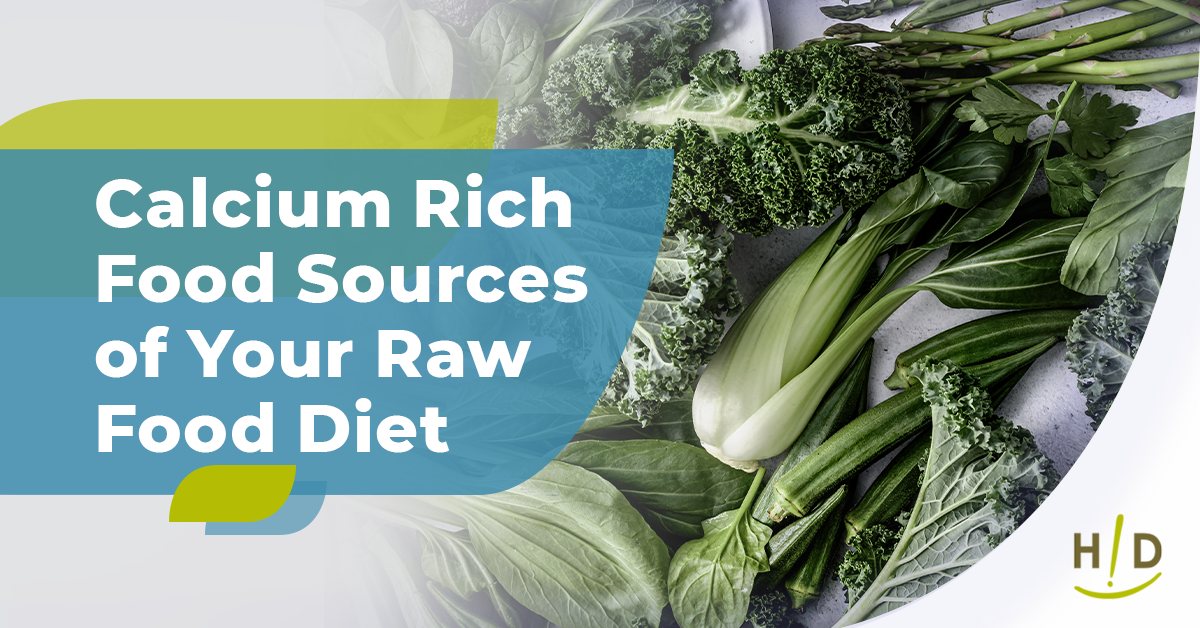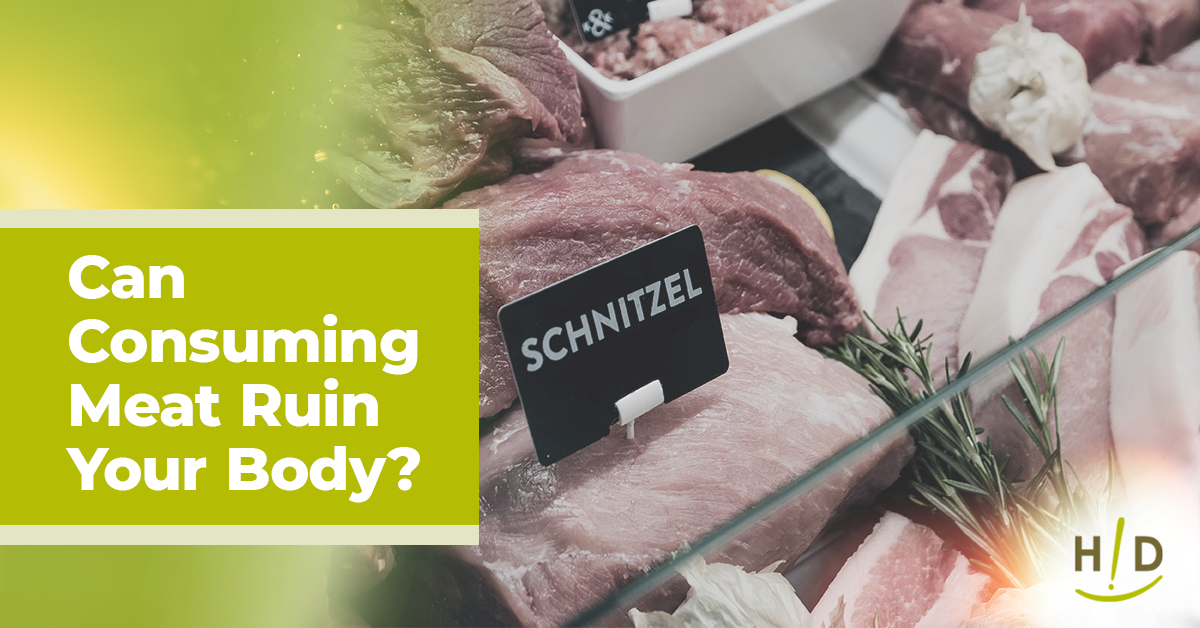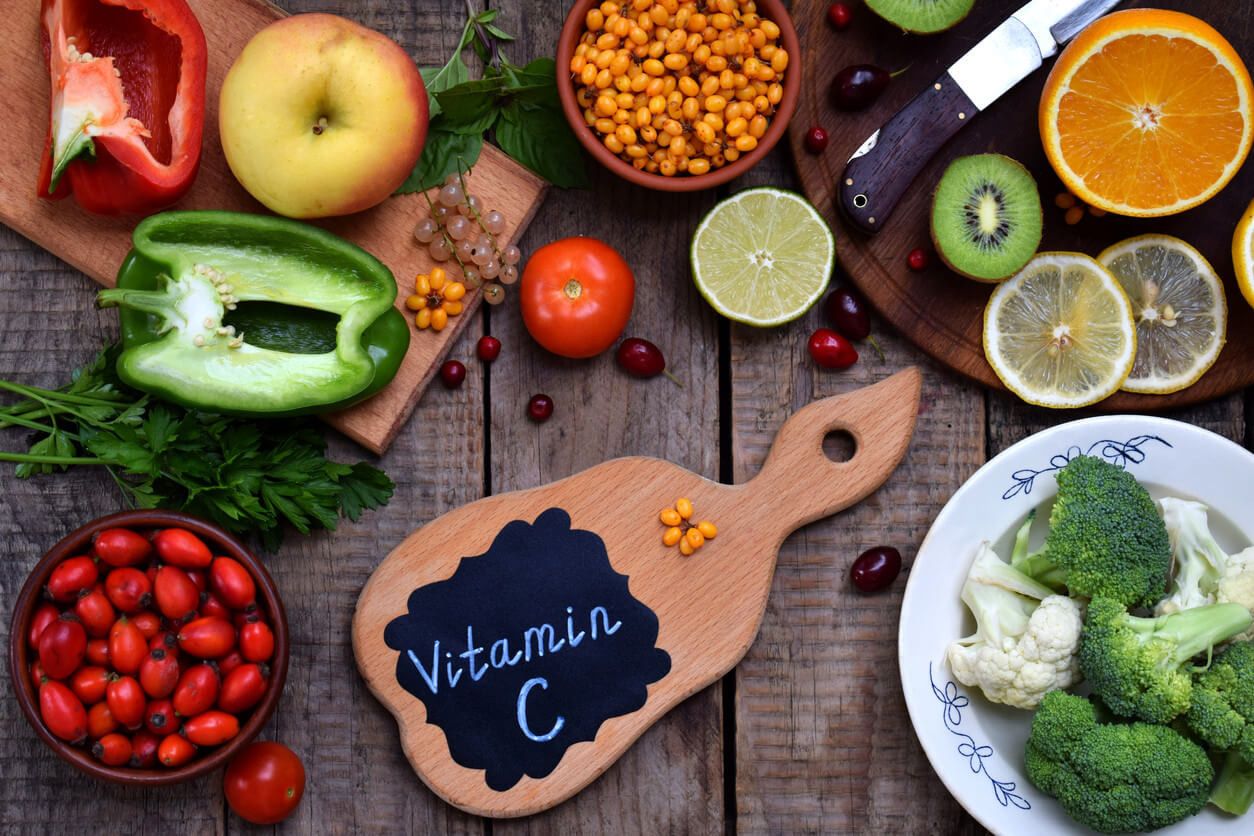Contrary to mainstream Western belief, dairy products are far from the only source of calcium. The age old notion that a glass of milk with dinner each day will promote strong bones and help to prevent osteoporosis is certainly not the best practice: The best sources of calcium come directly from the earth. Thus, the biblical, plant-based and primarily raw diet found in Genesis 1:29 is an excellent way to increase your consumption of calcium.
Vegetables
As the Physicians Committee for Responsible Medicine explained, there are plenty of calcium sources to be found in a plant-based diet. The committee highlighted the fact that many non-Western cultures consume very few dairy products and generally do not eat more than 500 milligrams of calcium per day, yet still see minimal instances of osteoporosis. Moreover, scientists have said that calcium does not impact osteoporosis as much as other factors such as exercise.
Vegetables are an adequate source of calcium, specifically dark leafy greens such as watercress, kale, broccoli, parsley and cabbage, according to Rawmazing. Eating orange vegetables such as sweet potatoes, butternut squash and carrots is also an easy way of consuming calcium.
Here is the calcium content for of each of the following, according to the United States Department of Agriculture Agricultural Research Service:
- 1 cup raw broccoli, chopped = 43 mg of calcium.
- 1 cup raw carrots, chopped = 42 mg of calcium.
- 1 cup cooked collards, chopped = 268 mg of calcium.
- 1 cup dandelion greens raw, chopped = 103 mg of calcium.
- 10 dried figs: 140 mg of calcium.
- 1 cup navel orange = 60 mg of calcium.
- 1 cup red kidney beans cooked without salt = 78 mg of calcium.
- 1 cup white beans cooked without salt = 161 mg of calcium.
- 1 cup navy beans, mature seeds, raw = 306 mg of calcium.
- 1 cup lentils, sprouted, raw = 25 mg of calcium.
- 1 cup chickpeas, mature seeds, raw = 114 mg of calcium.







